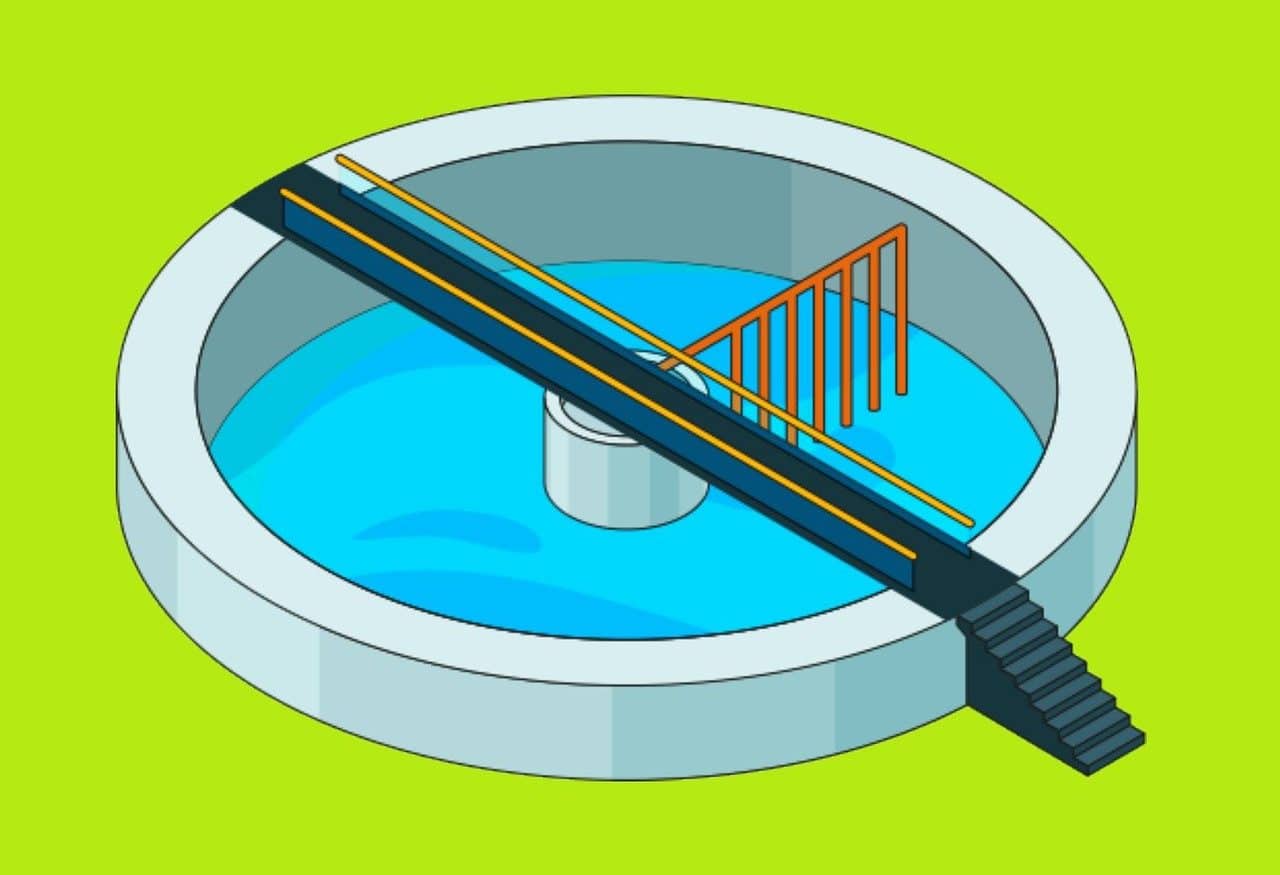
Rectifying something implies correcting or improving it.
Rectify is a verb that mentions the action of modifying something so that it reaches the precision it should have or its ideal state. For example: “After this first cooking, we must correct the salting and put the meat back in the oven” , “I think you will have to correct the cylinder” , “The coach assures that I must correct my throwing mechanics” .
The etymological origin of the term is found in rectificare, a Latin word that can be translated as “correct” and is the result of the presence of two very different components:
- Rectus , which is synonymous with “straight” .
- The verb facere , which is equivalent to “do” .
What does rectification consist of?
In the broadest sense it can be said that rectification consists of correcting shortcomings or failures . Depending on the context, the concept can take on different specific meanings.
Thus, in chemistry, rectification consists of purifying a liquid. Converting alternating electrical current to direct current is also known as rectifying, as is finding a straight line that is the same length as a certain curve in geometry.
The contradiction
When a person decides to rectify something they have expressed, what they do is contradict what they had indicated before. This rectification may occur due to a change of opinion , access to new information that shows that what was expressed was false or inaccurate, or even the adoption of a new position. Sometimes, a subject may be forced to rectify his or her statements.
One of the most used phrases in the world for years in relation to the word in question is the following: “To rectify is wise.” We have all at some point made use of this sentence whose author was Alexander Pope (1688-1744). He is an English poet who was widely recognized for the translations he undertook of Homer 's work and who has among his most significant works “Essay on Criticism” (1711), “The Dunciad” (1728) and “Essay on the man” (1734).

In chemistry, rectifying is associated with purifying.
Rectify as a right
It is important to know that in relation to the media there is what is called the right to rectification . This can be used by the person who considers that any media has disseminated information about them that they consider to be inaccurate and that causes them great harm. In that case, what you must do is send a letter to the director of that one, within seven calendar days of the aforementioned diffusion, explaining what you want to be rectified.
If the request is completely in accordance with what is legally established, the rectification will be made. But otherwise the judges will have to be the ones to determine whether or not it is obligatory.
Suppose a journalist comments on a television program that official X is corrupt. This official, upon hearing him, demands that he rectify himself or else he will sue him because he considers that what he said is an insult. The journalist, who does not have evidence to support his comments, must finally rectify himself and clarifies that no act of corruption has been proven against official X.
